As a teenager, I kept a diary that I wrote in daily. I had no idea what the difference was between morning pages vs. evening pages. And I certainly didn’t know if there was a right or a wrong way to write. I would ask, how long does it take to write morning pages or won’t I be too tired to write evening pages? As if that measured if I were doing it correctly or not.
I just wrote whenever I felt like it. My sister had recommended that I keep a record of my life—promising that as an old lady, I’d enjoy looking back on my fifteen-year-old self. Together, we took the streetcar into Chinatown in search of the perfect notebook. We wandered into a paper store and chose two from a collection of beautifully-embroidered notebooks. Once we were back home, we wrote our names on the backs of the front covers, claiming them as our diaries.
Save this post for later!

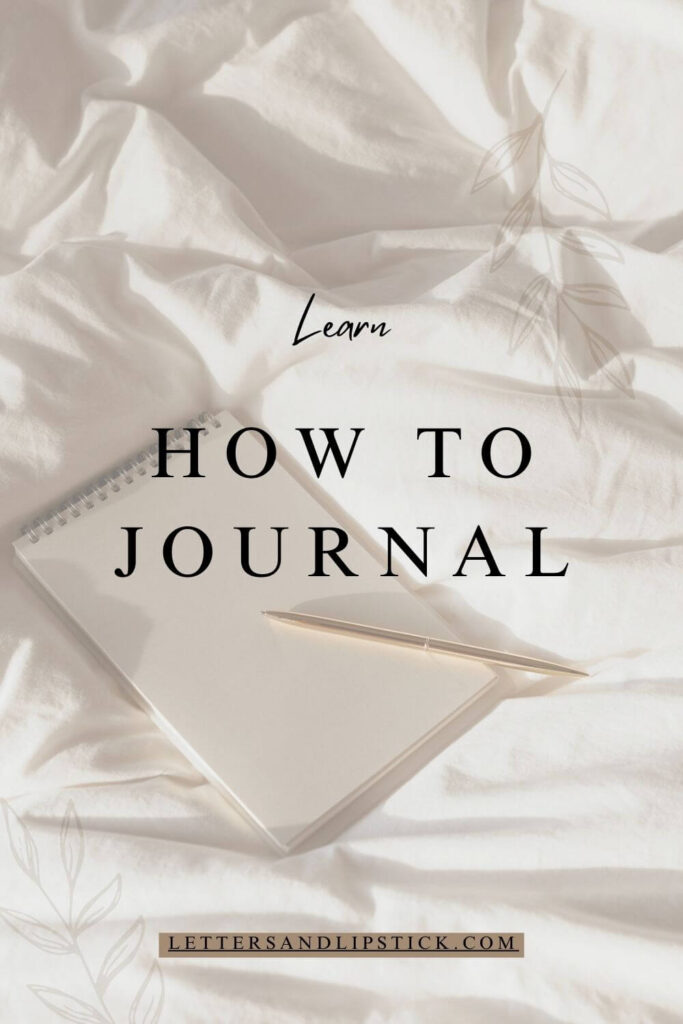
An Imperfect Start to a Morning Pages Routine
I had no idea how to start a daily journal, but I remained open to the idea and just started writing – sometimes I’d write about what had happened during the day and other times I’d write things I wanted to accomplish in my life.
I always wondered, how long does it take to write morning pages? Not being much of an early riser, I’d not bothered to find out. Instead, I’d save my daily reporting and angst-filled writing for the evening. If you had asked me which I preferred—morning pages vs. evening pages—the choice would have easily been the latter.
Back then, my days were filled with high school drama, boyfriend drama, and family drama. I had a lot of things to write about after a full day! Do you remember those days? So much would happen, right?
I thought I was writing because I didn’t want to forget anything anyone said or did (I am a Scorpio, after all), but I think what I needed most was a place where I could process all the mundane events and important interactions that had happened and try to make sense of them. I just didn’t know that exactly. All I knew, was that after I wrote, I felt unburdened, and my mind felt less scrambled.
The Benefits of Writing Morning Pages as an Adult
As an adult, I’ve kept a variety of diaries, or journals, or even written out lists upon lists sometimes not even knowing if I was writing my thoughts properly. It took me a long time and many experiments to figure out what worked best for me and accept that there was no proper way to write these private thoughts. It was whatever helped me to feel better.
In recent years, the concept of writing or journaling has been redefined countless times—not just for me, but for everyone. Writing in the morning has proven to help people to center themselves, organize their thoughts for the day, or just to take a few minutes of each morning for themselves before the rush of the day begins.
What Are Morning Pages?
The most famous example of this comes from Julia Cameron, author of The Artists’ Way: A Spiritual Path to Higher Creativity (Tarcher, 1992). Now in its 30th year edition, Cameron first introduced morning pages as the following:
“Morning Pages are three pages of longhand, stream of consciousness writing, done first thing in the morning. *There is no wrong way to do Morning Pages*–they are not high art. They are not even “writing.” They are about anything and everything that crosses your mind– and they are for your eyes only. Morning Pages provoke, clarify, comfort, cajole, prioritize and synchronize the day at hand. Do not over-think Morning Pages: just put three pages of anything on the page…and then do three more pages tomorrow.”
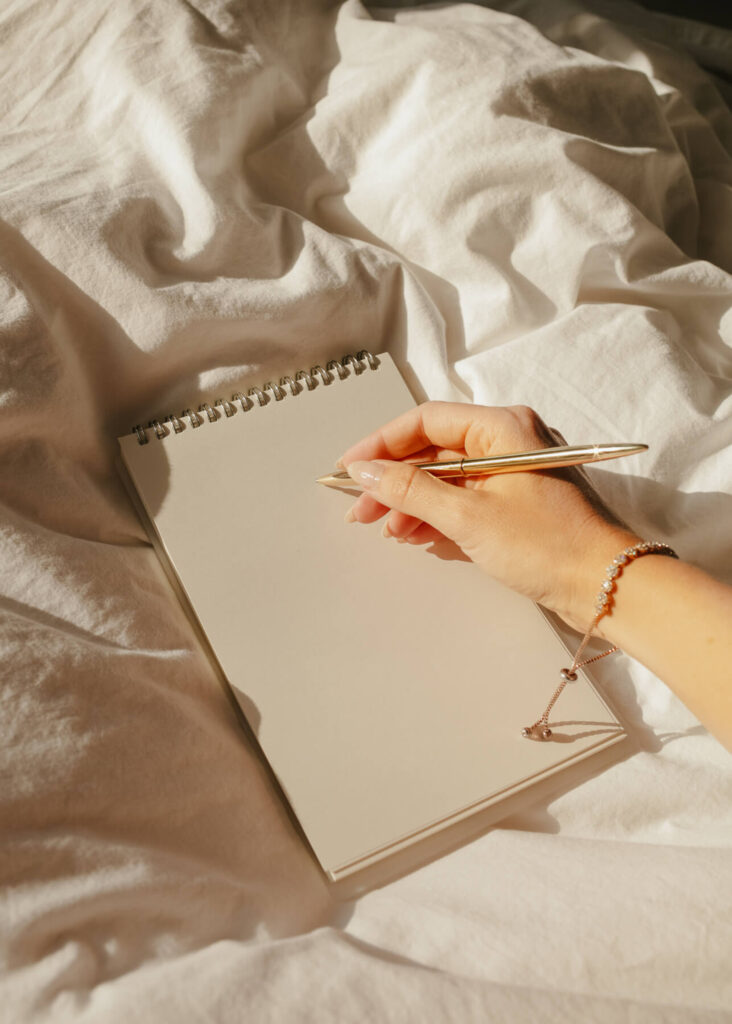
You can think of this as a brain dump or a filter. Morning pages are where you can unload anything and everything your mind is holding onto and prioritizing, but which doesn’t serve you or your creativity.
The act of writing three pages worth of stream of consciousness, Cameron believes frees you to uncover what is beneath the surface and your authentic self.
Morning pages clear away the cobwebs so you can have a clean surface from which to begin whatever you need to begin. For Cameron, this means that you unburden yourself from the unimportant thoughts so that you can be clear to create.
There are other kinds of writing that people can do in the morning. This can include writing out to-do lists for the day, free writing to clear your mind, a gratitude list.
Even Celebrities Journal
In this Vogue article, Jennifer Aniston describes how journaling is an important part of her morning routine. She says, “After I do my 20-minute meditations I take out my journal. Some days it’s just stream-of-consciousness for, like, 10-12 minutes; some days I make gratitude lists.”
The possibilities for what you can write as part of your morning pages routine are endless. The amount of time you spend writing morning pages can also fluctuate.
What Are Evening Pages?
In addition to morning pages, there are also different kinds of journaling available, which is often associated with evening pages. Because our minds have already been filled with so much that’s happened during the day, doing the same kind of exercise you’d do for morning pages might be more difficult to do for evening pages, but again, there is no wrong way for you to write.
There are so many different kinds of journaling ideas, such as gratitude, wellness, and affirmation journals. You can choose to write using one of these pre-designed journals or you can use a plain notebook. My only advice is to choose a journal you love. You’ll find that holding a journal that has elements that are beautiful or comfortable, you will be more drawn to using it and you’ll better enjoy the experience.

You might find that while you journal, you naturally reflect on your day. Other times, you might write only in point form or make a list of what is on your mind. On another night, you might want to allow yourself to dream about the possibility of a career change or what it might be like to be financially free or about the trip to Italy you’ve always wanted to take. You can let your mind and your pen take you wherever you want to go.
All of these are right ways to journal.
Let Yourself Manifest Your Dream
Sisters and business partners, Sara and Erin Foster, host the “World’s First Podcast.” They are also hilarious. On one of their episodes, they spoke to Gabby Bernstein, a Law of Attraction expert, who had tips on how and when it’s best to manifest. Sara Foster shared an interesting anecdote that might help you decide to try journaling in the evening.
On episode 37 of their podcast, “The Manifestation Episode,” Sara revealed that she likes to periodically write a letter to herself. The first time she did this was the night before her Netflix show, “Barely Famous,” was set to start filming. The key here is that she wrote this letter as if everything that she wanted to have happen, had already happened.
Although she doesn’t share specifically what she wrote in this letter, she does claim that a lot of what she wrote ended up happening. If you listen to more of these episodes, you’ll find that she often speaks about this ritual and that she prefers doing it at night.
I wonder if writing this letter or any kind of journal writing at night has something to do with the power of writing what you want and letting it sink into your subconscious mind as you sleep. Dr. Joseph Murphy talks about this at length in his book The Power of Your Subconscious Mind (St. Martin’s Essentials; Reprint Edition, 2019). If you want to know more about how to implement practices for your subconscious mind to manifest, I highly recommend this book, which was originally published in 1963, but which has had many reincarnations.
Morning Pages vs. Evening Pages. Which is it?
There is no way to know which works better until you experiment for yourself.
It’s helpful to remember that because you go through different phases in your life, you might write at different times—day or night—depending on what else is going on. If, this month, you still struggle with how to start a daily journal and need to just write down point-form notes, then do that because that’s what you need right now. If, next month, you find that you have more time in the evenings and can devote more in-depth writing and reflection, then go ahead and do what works best for you. Depending on your needs, you can adjust.
From my experience, at best, journal writing has allowed me to reconnect with myself after temporarily abandoning myself. At worst, it’s given me a place to record how I felt on a random Tuesday afternoon that nobody cares about. Regardless, every little bit has helped me over time, even if I didn’t see it right away.
The best part of writing for yourself as a healing activity or as a way to manifest your dreams is that you can experiment and alter as needed.
If you want to vent about your boss or about feeling good or bad or somewhere in between, you can.
If you want to follow Sara Foster’s advice and write a letter to yourself, then you can.
Just grab your carefully-selected journal and your favourite pen, and write.
The important thing is that you begin.
-Marilyn
Need a little help getting started? Check out our free workbook.
25 Journal Prompts to Help You Get Unstuck
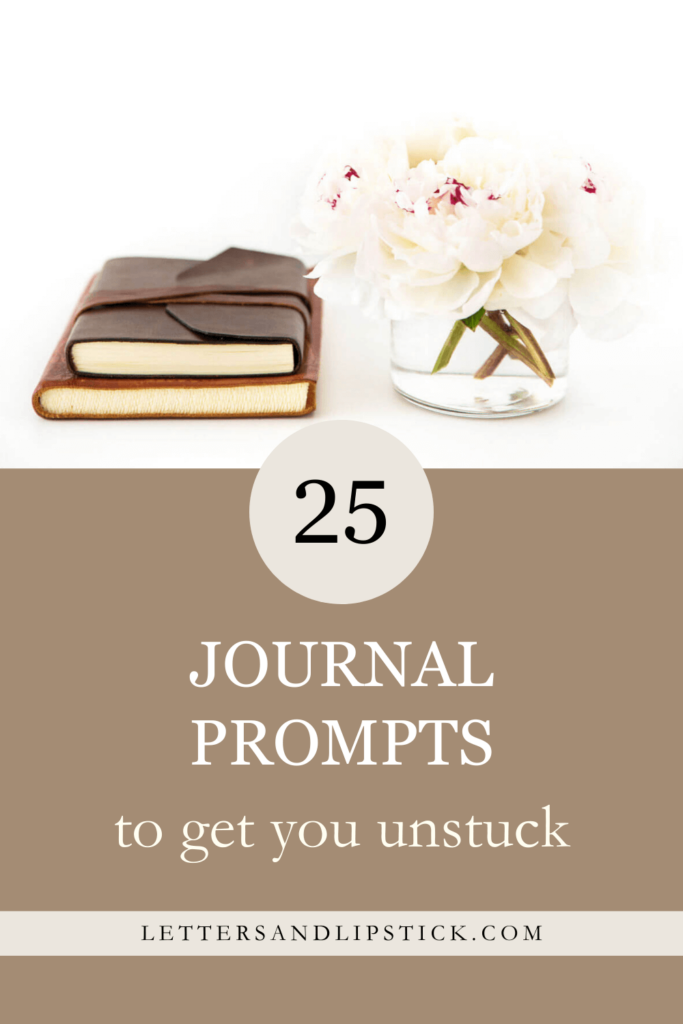

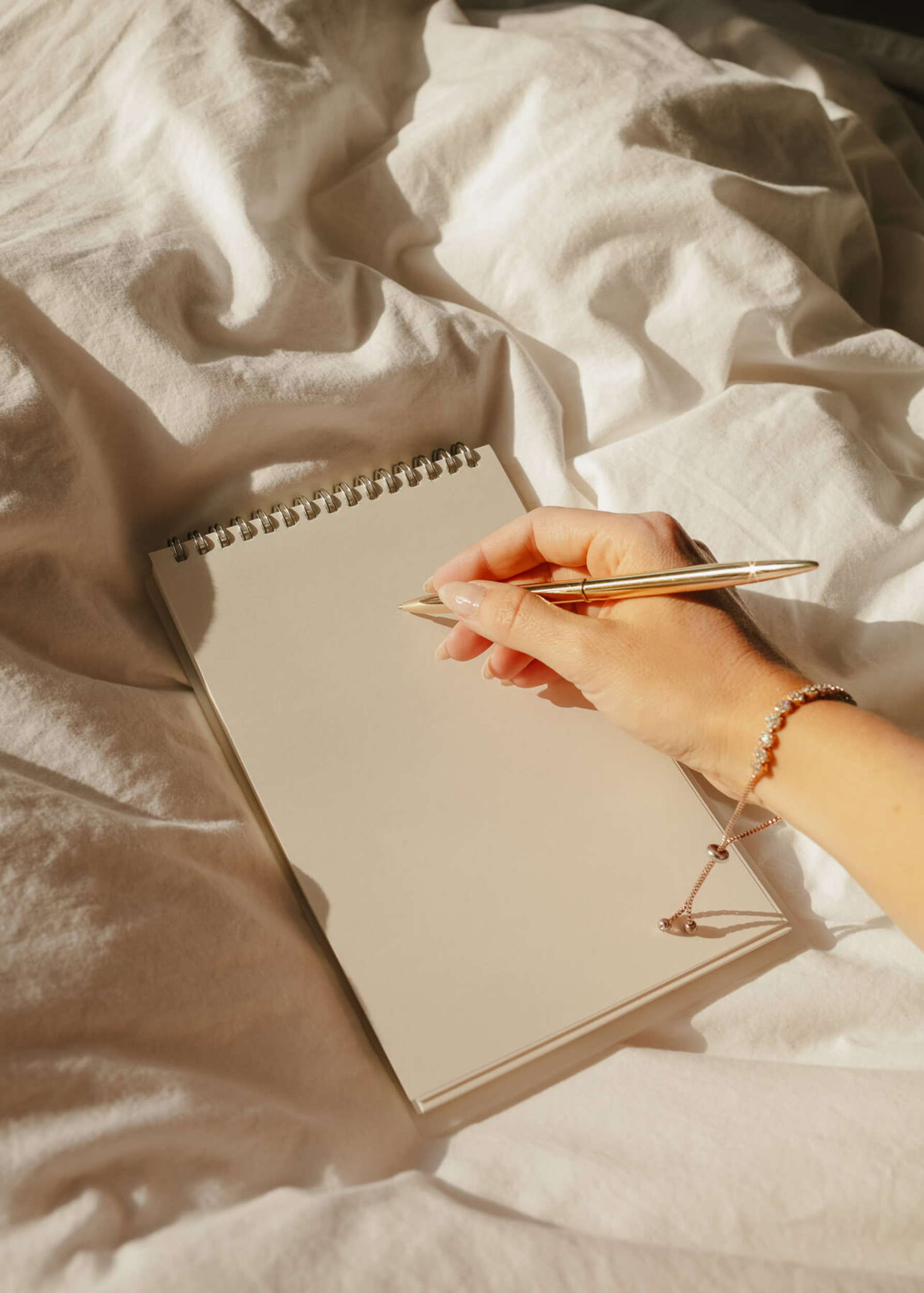
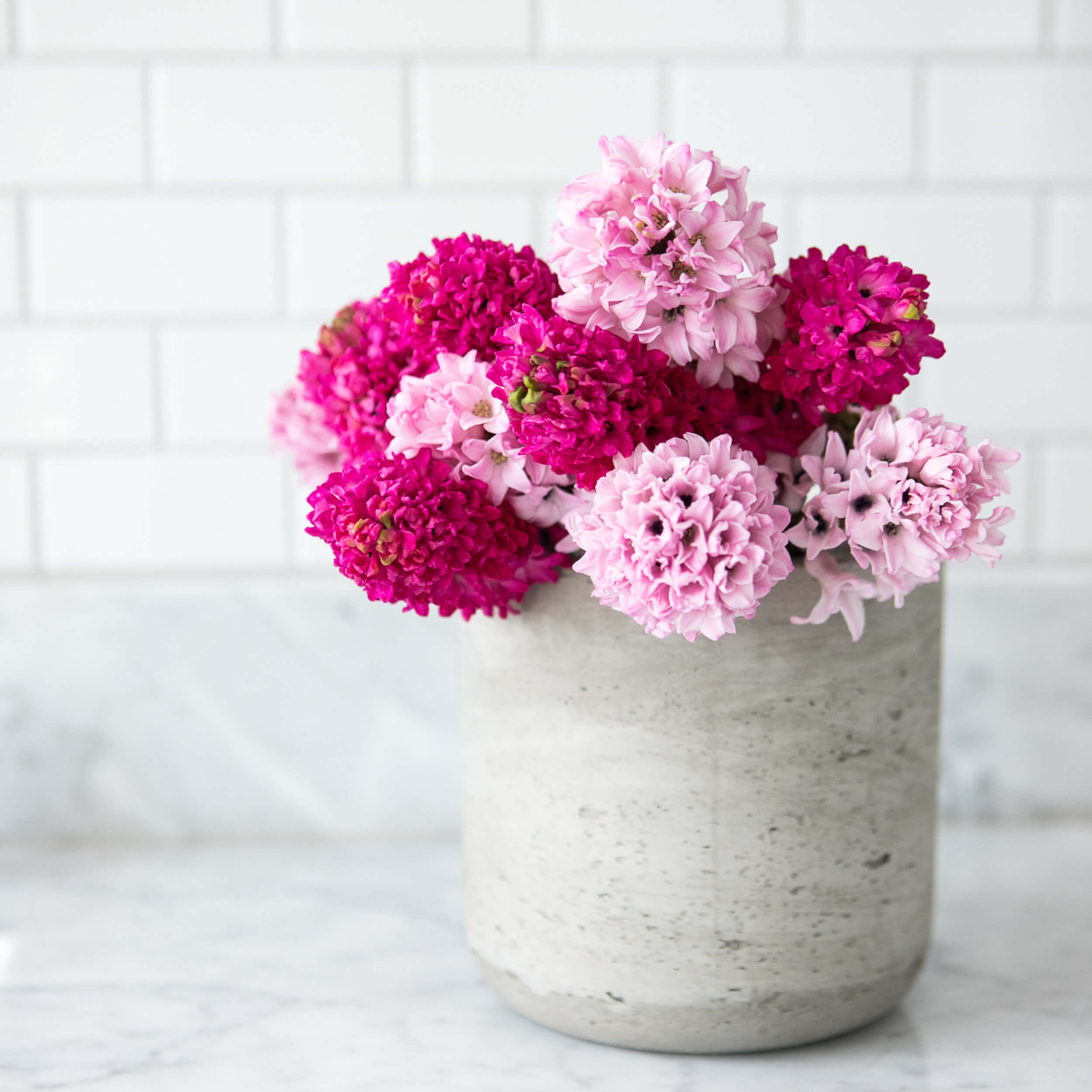




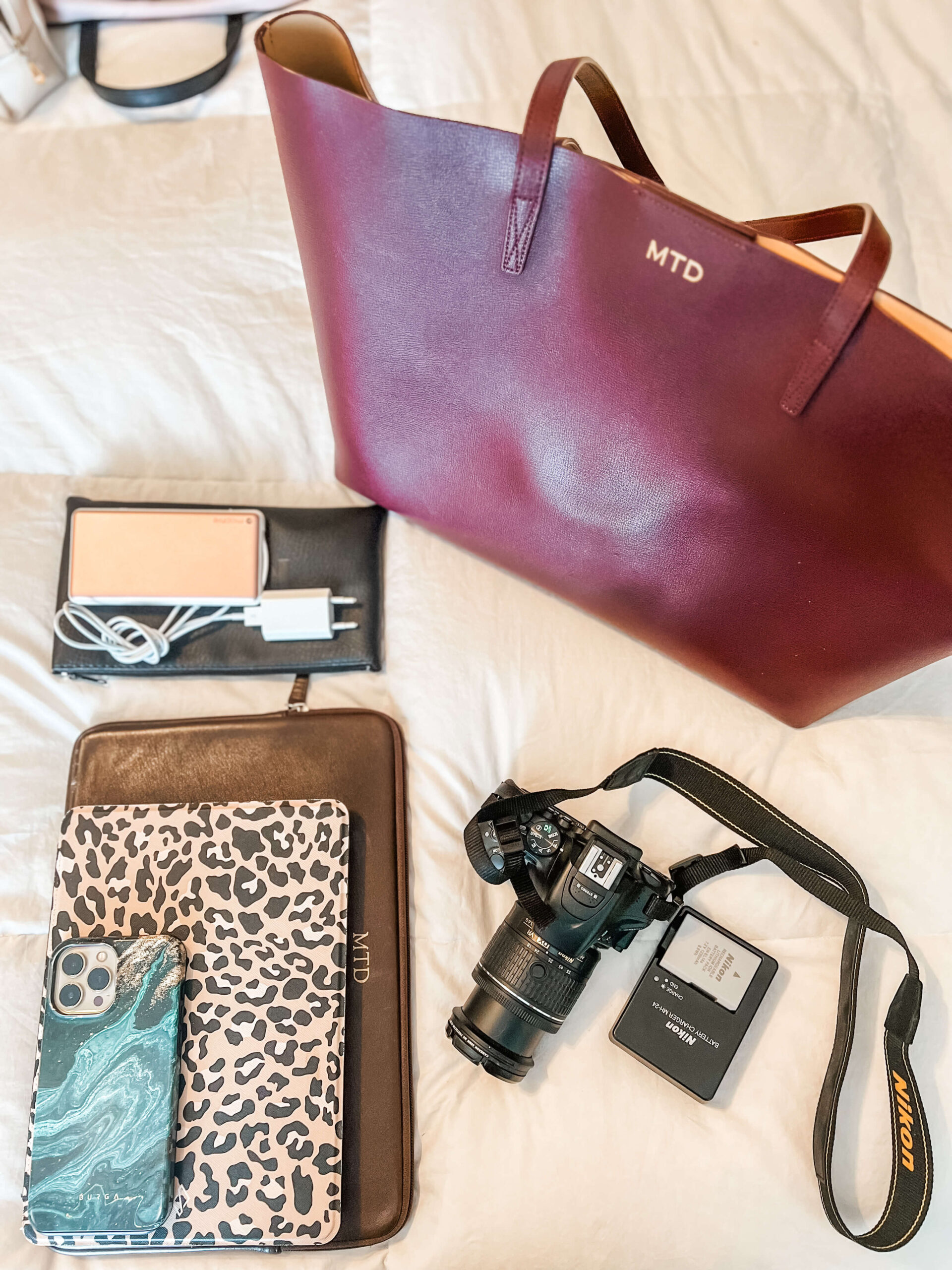
I prefer to journal in the morning to jot down my dreams and then journal in the evening to provide reflection on my day, aligning with the practice of morning pages for creative clarity and evening pages for introspection. I teach this in my INNER CHILD HEALING book.
This sounds like a good approach!